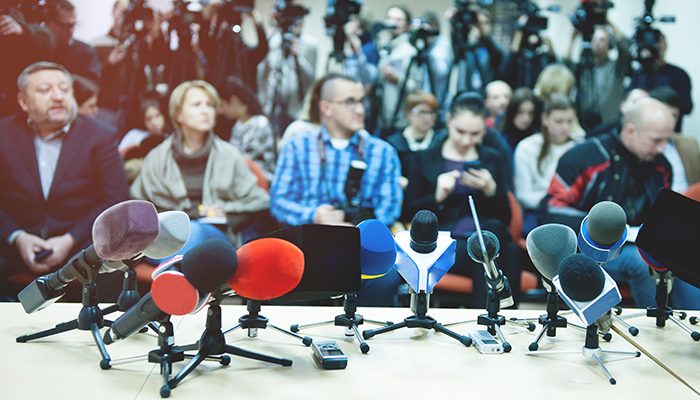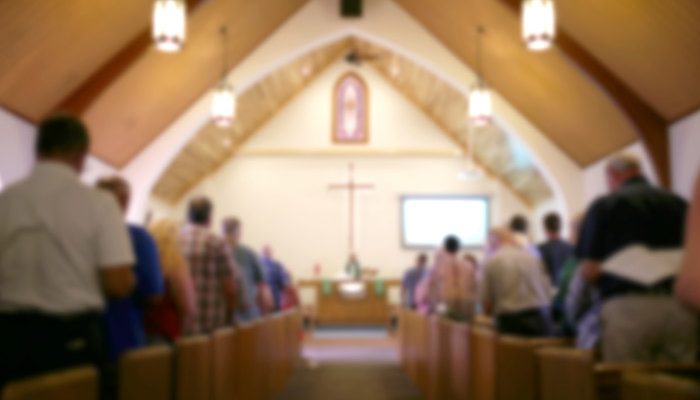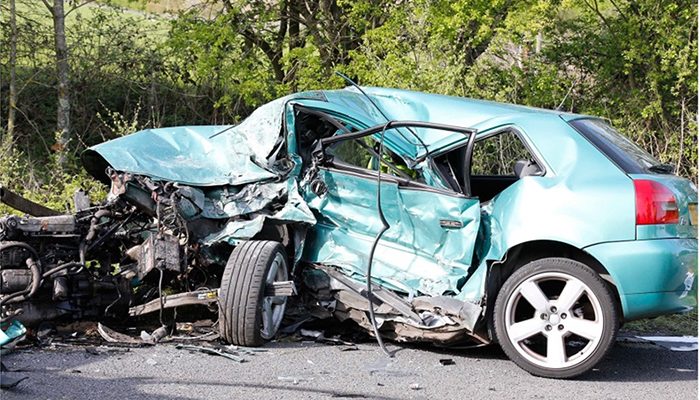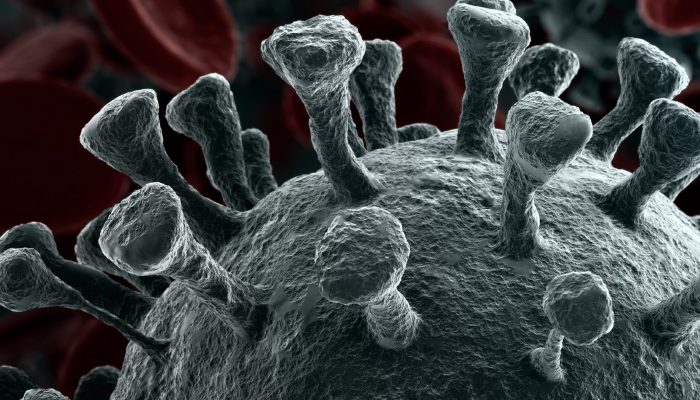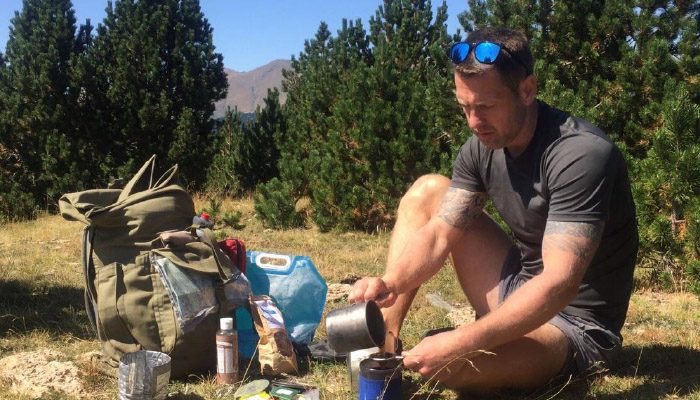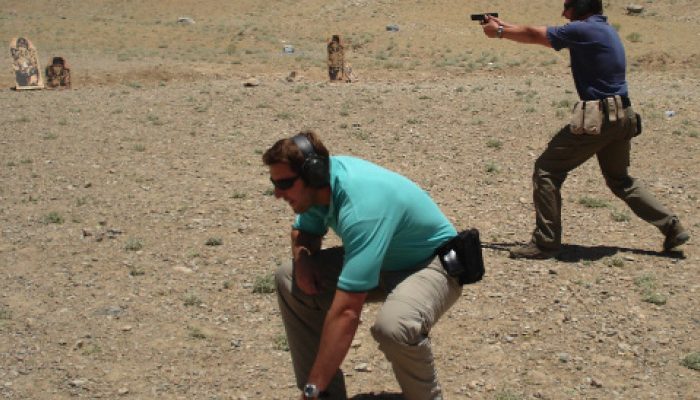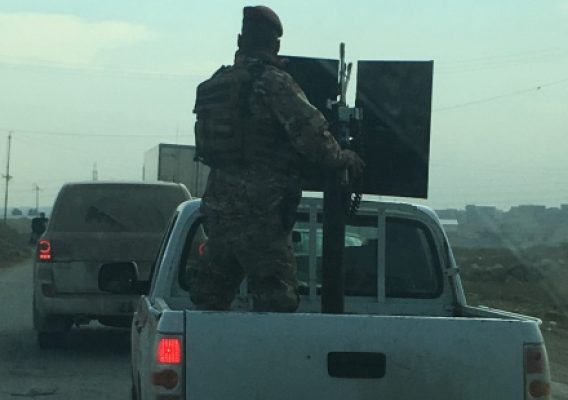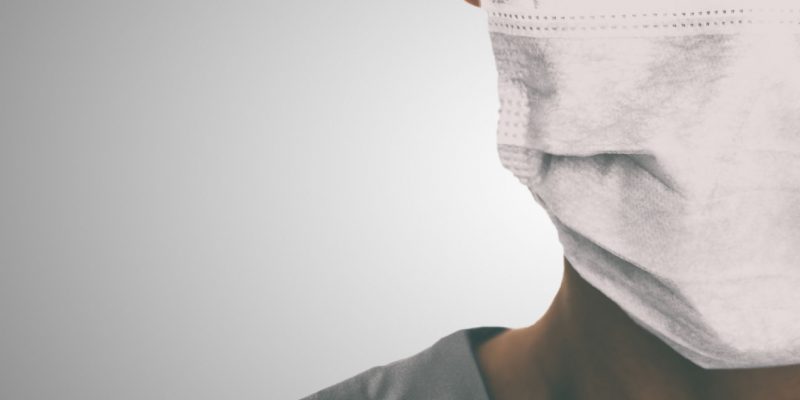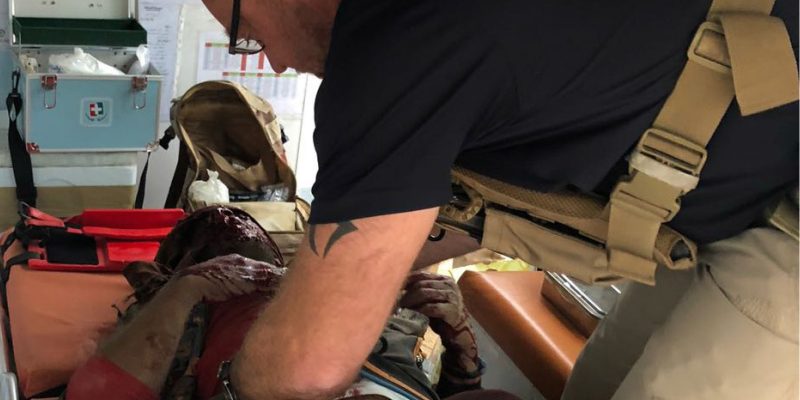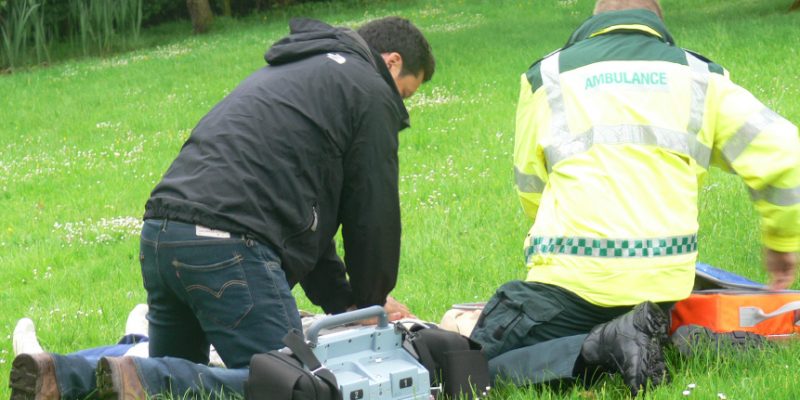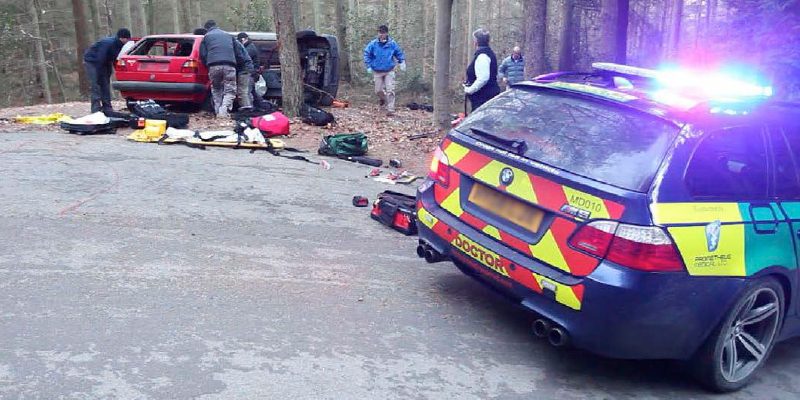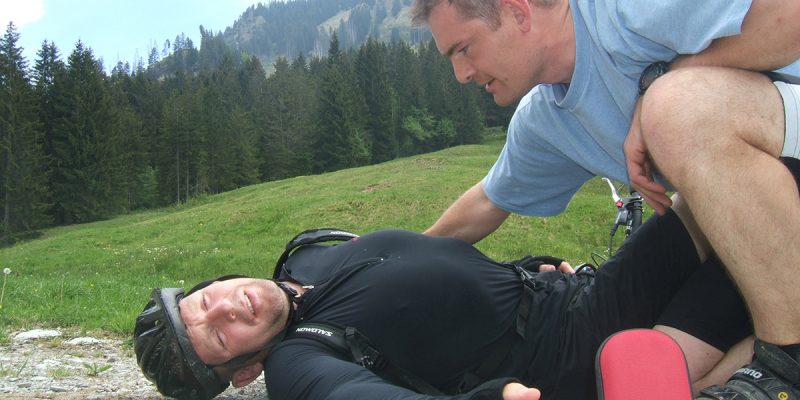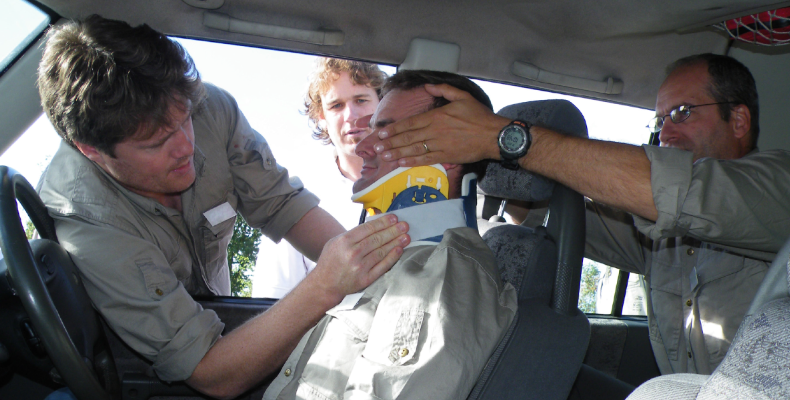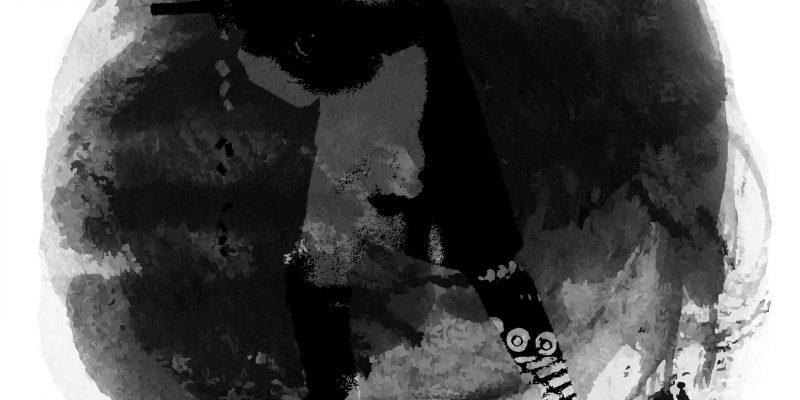Never in the History of our country has it been more important to be aware of safety and security in a House of Worship. With our safe places under attack, and churches, temples and Mosques under attack, it is time for men and women to step up and do what is necessary to help make their House of Worship a harder target! Here are five simple things you can do to bring more safety and peace of mind to your House of Worship.
So, you want to be a Hostile Environment Security Adviser?
“War correspondents” I mistakenly thought, were hand-picked for their skills set, fitness, mental toughness, awareness, and clean living. But no, what I found instead were individuals with many issues ranging from drug and alcohol problems to PTSD episodes to fundamental fitness concerns… the list goes on.
THE LAST FRONTIER PART 6
Whether you are a protector, an attender, or a protector of an attender, knowing the baseline behavior (typical behavior or protocols for a certain group of people) of the church you are in will help to understand when something is not right.
Are you a cut above your competition?
For many years good friends of ours in the close protection and military sectors have said to us that what is really needed whilst transporting their clients and personnel is the ability to carry out an emergency rescue immediately following a vehicle incident whether it is accidental or a deliberate attack on their vehicles, some of which, may be armored presenting even further rescue difficulties.
Mental Illness and Addiction: Why Should You Care?
Serious mental illnesses (SMI) include such diagnoses as Schizophrenia, Paranoia with psychosis, Bipolar Disorder, Major Depressive Disorders, Obsessive Compulsive Disorder, Panic Disorder, and Post Traumatic Stress Disorder (PTSD).
COVID-19 Is it Just another threat?
Is it not just another type of threat that the modern bodyguard must adapt to, or should we be covering this type of threat already? If the client would be susceptible to the virus due to the nature of their work, then how can we protect them without putting them into isolation? What emotional worries and stress will this have on the family? What new roles should we undertake? Or should we not?
Fit for Purpose – Packing for Adventure
In this article, we’re going to pick back up on the Adventure series, which we started in Issue 51 (Mindset, Ideas, and Planning). In that article, I laid out a formula for introducing more adventure into our lives. We looked at exploring the local, natural environment, discussed the Ancient Greek Stoic philosophy in assisting the mindset and dealing with mental blocks. We also addressed some simple strategies for preparing and taking action to make adventure a reality.
Now, in Part 2 of the Adventure Series, I’m going to show how putting together a kit list and packing for an adventure is a relatively simple process when a logical system is followed, and all the fundamentals are covered.
Commercial Security Courses
Having dug around in the last year to see what’s going on with security training courses at home and overseas, it would appear that there is a gap between what’s acceptable, to what’s a complete rip off, and that gap is as wide as the Grand Canyon.
On the Ground in Iraq – A Medics Experience
In the early days of ‘private contractor’ work in Iraq following the end of the war in 2003, medics were generally unregulated and unregistered, most being ex RMAs (now CMT1s) who had left the military and qualified as HSE Offshore Medics. Some had not done any ‘civilian’ courses but were hired on the strength of their military qualifications and experience; the guys would generally operate as firstly a PSD team member/operator, and secondly as a team medic. In those days the drugs and equipment carried by the medics was very limited; generally, FFDs, quick clot, blast bandages and if you were lucky some morphine auto injectors, Paracetamol and Ibuprofen.
Protecting the Principal in a Pandemic
From an operational perspective, CPs need to go back to fundamentals and apply the golden rules of protection planning and risk assessments to medical scenarios. For instance, from a strategy perspective, many HNW bought ventilators only to later discover that they would never be delivered due to shortage. So, it’s important to think how do we improve our planning and strategy from the outset to account for the unexpected? Scenarios and risks should be assessed as always in a well thought out threat matrix.
7 Tips to Improve Surveillance Results
Over the course of my career (17+ years), I have heard my fair share of complaints from potential clients indicating that their current surveillance/investigative partner was not achieving the desired results with the budgets provided. The activities and behaviors of people are constantly changing and that forces us as investigators to change our approach and evaluate our practices in order to achieve optimal results.
A Medics Experience
Over the years, with the added involvement of oil and gas companies, alongside government contracts, the role of the medic has evolved from working as a ‘team medic’ into a ‘Tier 2’ medic who carries a comprehensive medical kit & medications, and is able to function as a lone medic often in remote locations. These changes have caused multiple shifts in the industry standard and requirements to become a Tier 2 Medic. This should be a good thing but it also comes with pitfalls.
The art of being an independent learner
So, what is independent learning? The Higher Education Academy 1 describe independent learning as “a process, a method and a philosophy of education in which a student acquires knowledge by his or her own efforts”.
Pink & fluffy? Not at all!
We all have this incredibly sophisticated system and a brain that is constantly being shaped by our experiences. Everyone is unique in their background, skills, experience and beliefs so it’s impossible to get bored when you’re working with people.
Administering Basic Life Support
Basic Life Support (BLS) training is something we’ve all undertaken as part of maintaining our employment skill set. It is widely accepted that these skills diminish over 3 – 6 months after initial training. Therefore, it’s important to refresh them skills on a regular basis.
Understanding the Importance of On-going Medical Training
It can be difficult to maintain medical training with the pressures of schedules, but whether it’s online or hands on, the importance of on-going medical training should not be forgotten or underestimated.
Medical emergencies: Acute Respiratory Emergencies
Are you prepared to deal with acute respiratory Emergencies? In this article, we’ll look at Asthma, Pulmonary Embolism, Chest infection and Spontaneous Pneumothorax.
Managing Spinal Injury
Spinal trauma and spinal cord injury can have a life-changing impact for patients following trauma. One cannot reverse prior spinal cord damage, but with even limited training, one can prevent further damage from occurring, which can often be of great benefit for the patient.
EP For Green… When Will Our World’s Collide?
In 1920 the 18th amendment was passed marking the start of prohibition and the rise of protection teams. Will we see a repeat of that trend with protection for marijuana?
What Doesn’t Kill You…
Post Traumatic Growth (PTG) describes the range of positive changes experienced by people as a result of their struggle with a severe life challenge or a traumatic event.

